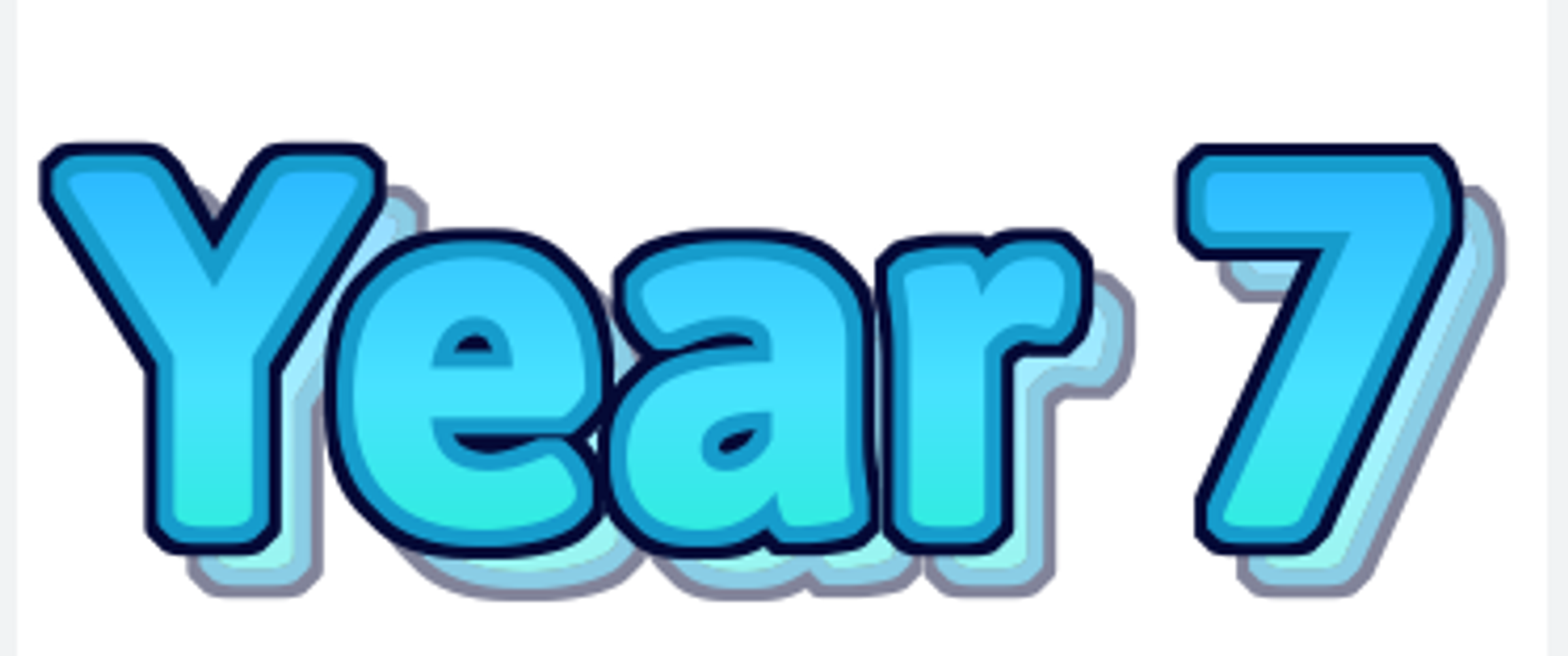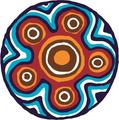Year 7 Term 4 Overviews

Year 7
Humanities
In year 7 Humanities students will be undertaking their second Civics and Citizenship unit. Our focus will be interconnectedness and identity through national identity. First, we will begin by exploring what are Australian values and what is Australian national identity - there is no one national identity. Then we will discuss other topics such as expressing identity, what does it mean to be Australian, migrants and refugees in Australia, Aboriginal and Torres Strait Islander identity, and Global Identity. The capstone project for this unit will be answering “what is my national identity?” To answer this question students will create speeches in response to the question talking about their own national identity. Over the course of this unit students will learn to correctly use key terminology, compare and contrast differing views, ask evidence-based questions, build evidence-based arguments and justifications, speech writing, and public speaking. We hope that as students undertake this unit they find or feel a sense of belonging as they explore their own national identities.
Science -
In Term 4, Year 7 students will investigate key concepts across Earth and Space Sciences, Physical Sciences, and Chemical Sciences. They will begin by examining the solar system, focusing on planetary characteristics, seasons, and eclipses. Indigenous knowledge will be incorporated through the study of Aboriginal and Torres Strait Islander seasonal calendars, highlighting alternative understandings of environmental changes.
In Physical Sciences, students will explore various types of forces, including gravity and friction, and study simple machines such as levers and pulleys, emphasizing their practical applications in everyday life.
Chemical Sciences will cover the distinctions between solutions, compounds, and mixtures. Students will investigate solubility and develop skills to separate mixtures using techniques like filtration and evaporation.
To engage and deepen their understanding, students will complete an assessment project task focused on a particular topic of study, allowing them to apply their knowledge and demonstrate critical thinking.
Technologies -
In Term 4, Year 7 students will explore a wide range of culturally significant dishes while deepening their understanding of food properties, healthy eating, and ethical food practices. This term places a strong emphasis on learning about the cultural origins of meals—where they come from, how they are traditionally prepared, and their significance within various communities. Students will cook a variety of sweet and savoury dishes including Chow Mein from China, Shish Tawook wraps from Lebanon, Chicken Biryani from India, Sabaayad and Suqaar from India, homemade Tim Tams (Australia), Burritos from Mexico, and spaghetti bolognese served with garlic bread and parmesan from Italy.. Alongside the practical work, students will be focusing on the properties of food and how they impact preparation and presentation, the importance of designing meals that support healthy eating, and ethical considerations in food production such as sustainability, food waste and cultural respect. Throughout the term, students will continue to develop their kitchen skills, work collaboratively, and reflect on how food connects people, cultures, and values around the world.
In woodtech during term 4, year 7 students will learn about the different finishes that are used in woodworking projects and outdoor furniture. They will look at the purpose of these finishes and why some are suitable for ornaments and others are suitable for outdoor furniture. They will continue to develop their skills in the correct and safe operation of various hand tools. They will leverage what they have learned in term 1 to create a wooden jewellery box containing two types of joints. They will select an appropriate finish for their project and decorate it.
English -
In Term 4, students will now move on from Chinese Cinderella to a new riveting text Holes by Louis Sachar. They will incorporate prior reading and writing skills from last term and embark on a narrative writing unit. This term will be a final testament on their new-found knowledge as they will be able to implement and display their various skills. Students will explore various narrative structures, including flashbacks and alternate endings, while creating rich imagery and character development in their stories. After finishing the novel, students will also have an opportunity to analyse the key elements in the Holes movie, including sound effects, camera angles, and character portrayal. They are going to investigate how these three elements add to the overall meaning and understanding of the text. Students will also compare and contrast the book and the movie and explore the similarities and differences.
Maths: -
In Term 4, students will explore a range of measurement topics that build on their existing knowledge and strengthen their spatial reasoning and problem-solving skills. Students will extend their understanding of area by: Discovering that the area of a triangle is half the area of a rectangle with the same base and height and also by using formulas for rectangles and triangles to solve real-world area problems. They will build and explore rectangular prisms using unit cubes to understand how volume can be found by multiplying the area of the base by the height and connect these ideas to the volume of other prisms, including triangular prisms. They will also apply these concepts to real-life contexts, such as calculating the volume of buildings. In addition, students will learn to identify and label key parts of a circle — centre, radius, diameter and circumference and explore the relationship between these features and use them to calculate unknown measures. Moreover, they will be involved in investigating how changing one variable affects another in formulas for area, volume of a rectangular prism, and speed. They will manipulate formulas for area, volume, and speed–distance–time to explore how variables are connected. They will create tables of values and draw graphs to visualise these relationships. Students will understand and identify linear and non-linear relationships between variables by Interpreting graphs to explain how different relationships appear and change in shape
Health
In term 4, Year 7 students explore the topic of First Aid and Safety. Students explore learning how to recognise risks, make safe decisions, and respond effectively in emergency situations. Across the term, they investigate how individuals and communities can promote safety and wellbeing, focusing on understanding the DRSABCD action plan, identifying common injuries, and practising safe and calm responses to accidents. Through interactive discussions, role-plays, and simulated first aid scenarios, students develop teamwork, problem-solving, and resilience skills while learning the importance of staying calm under pressure. The unit emphasises how preparation, communication, and responsibility contribute to positive outcomes in emergencies, empowering students to protect themselves and assist others safely.
Physical Education
In term 4, Year 7 students develop their understanding and skills in striking and fielding games, such as kickball, softball, T-ball, and modified games like long ball chaos. Throughout the term, they practice the key techniques of striking, catching, throwing, kicking, and fielding while exploring game tactics, movement patterns, and teamwork strategies that contribute to successful gameplay. Students are encouraged to apply offensive and defensive strategies, make quick decisions, and communicate effectively with teammates. The unit emphasises fair play, cooperation, and respect, helping students build confidence, spatial awareness, and an understanding of how individual roles contribute to team success. Through practice, modified games, and reflection, students enhance both their physical skills and their ability to analyse performance and demonstrate sportsmanship in a supportive, engaging environment.
